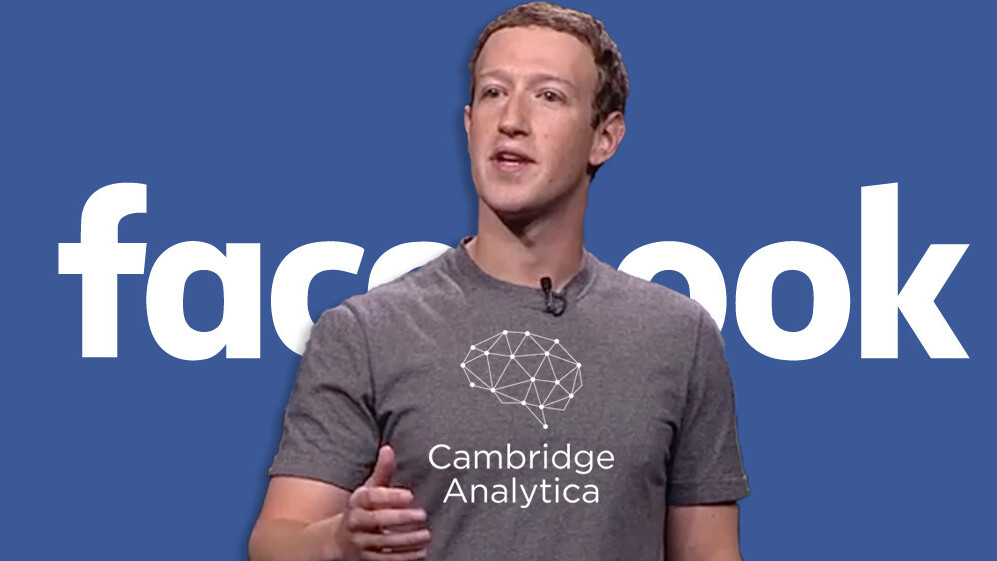
Facebook is taking baby steps to plug data leaks on its platform. In a new blog post that was posted yesterday, the company’s director of product management Eddie O’Neil wrote that it will be subjecting apps with “minimal utility,” such as personality quizzes, to heightened scrutiny and “may not be permitted on the platform.”
The social network also took to the post to say that it will be removing third-party developer access to a number of old APIs effective April 30. In addition, apps will also be restricted from asking for data that doesn’t directly improve the in-app user experience.
“Apps with minimal utility that provide predictions, assessments, or similar outputs to the user, may not be allowed on Platform. For example, apps that provide (or claim to provide) users with assessments of personality, personal attributes, character traits, behavioral tendencies, or whose core functionality otherwise involves making predictions about who the user is, may not be allowed,” reads the revised Platform Policy.
Furthermore, it will also prevent developers from accessing user data if a person hasn’t used or accessed their apps in the past 90 days.
Notice that the blog post doesn’t go on to say who gets to define what apps come under the “minimal utility” category and what don’t. Neither does it address concerns related to data that have been already collected by offending third-party app developers.
The much-needed updates to the developer platform come more than a year after the social network revealed that a British political consulting firm Cambridge Analytica improperly accessed personal information of as many as 87 million users without their consent.
The data was harvested through a quiz app called “thisisyourdigitallife” developed by Aleksandr Kogan, a University of Cambridge professor, who was paid by the now-defunct data mining company to acquire the collected user information to create voter profiles for the Trump campaign during 2016 US presidential election.
The data scandal considerably eroded public’s trust in Facebook, with as much as 54 percent of US adults adjusting their privacy settings in response, according to a Pew Research Center survey conducted last year.
The updates, although not amounting to much, are a welcome step towards bridging that trust gap.
TNW Conference 2019 is coming! Check out our glorious new location, an inspiring lineup of speakers and activities, and how to be a part of this annual tech bonanza by clicking here.
Get the TNW newsletter
Get the most important tech news in your inbox each week.




